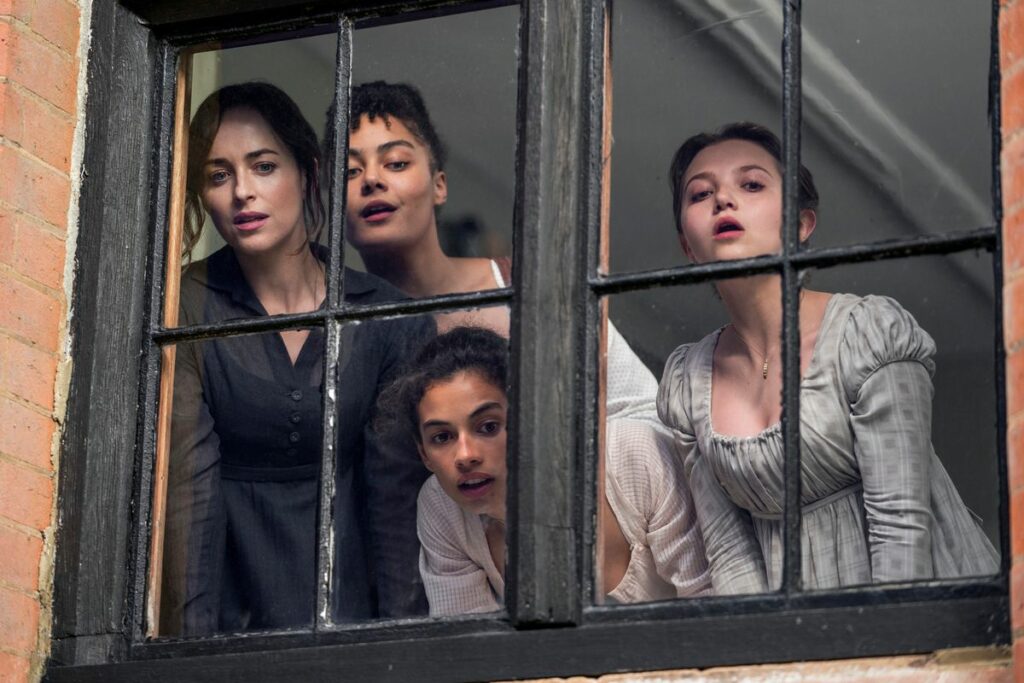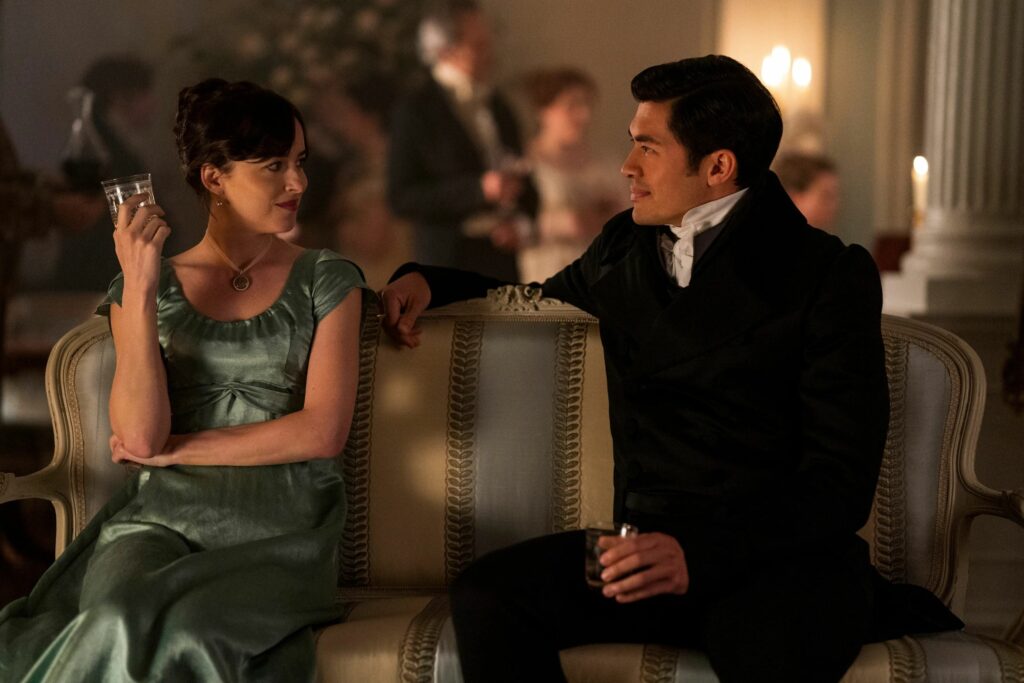Film adaptations of beloved books can become one of two things: a potential source of complete fulfilment and unbridled happiness, or the basis for absolute horror and dismay from film fans and readers alike. Regardless of the genre, age, or popularity of the source material, adaptations are always going to be met with one thing – resistance, especially in the case of the prestigious and cherished work of novelist Jane Austen.
Over the years we’ve been blessed, and perhaps burdened, with a handful of Jane Austen film adaptations: Pride & Prejudice, Emma, Mansfield Park, and Sense and Sensibility to name just a few. And whilst some of these have gone on to be highly successful and widely recognised by both critics and readers, it doesn’t go for all – so it was perfectly understandable to see the concerned reactions of fans when it was announced that British theatre director Carrie Cracknell would be making a new adaptation of Austen’s 1817 novel Persuasion.

Perhaps taking some inspiration from Autumn de Wilde’s 2020 adaptation of Emma, Cracknell’s Persuasion opts for a modern re-telling of the classic story, complete with fourth wall breaks, modern colloquialisms, and an overall quirky and whimsical tone. But does it work? Yes and no.
With its often cliche and slang-heavy writing, the dialogue can be jarring and distracting. It’s clear that this reimagining was made with a specific tone – and demographic – in mind, but how does it mesh with source material as intense, prestigious, and steeped in angst as this one? In short, this “quirky”, modern retelling fails to translate the depth of Austen’s writing. The disconnect exists not only between the audience and material but also between the characters. In what should be a story of complete desperation and unwavering passion, the stakes are simply nonexistent, making it difficult to stay invested in the trials and tribulations of each of Persuasion’s relationships. Sure, there is an occasional sense of lust and longing but, unfortunately, the majority of the film is void of any angst or believable infatuation.
The main issue is that the story rapidly weaves in and out of its contrasting tones, sometimes quirky and other times, earnest. Neither allows the novel’s passion or intensity to find its place, resulting in romantic chemistry that’s more fizzle than spark. However, when it isn’t trying to take itself too seriously, there are moments when Persuasion shines – most notably thanks to Dakota Johnson’s performance as the film’s protagonist, Anne Elliot.

Through her humorous facial expressions and reactions directly to camera à la Fleabag and The Office, Johnson delivers a comical but completely charming performance as a young woman wrestling with her innermost desires. Her portrayal, whilst playful and endearing (especially when sharing scenes with Mia McKenna-Bruce as younger sister Mary Elliot), also provides the majority of the film’s emotional weight.
Alongside Cosmo Jarvis as Frederick Wentworth, other honourable cast mentions include Nikki Amuka-Bird, Richard E. Grant, Henry Golding and Afolabi Alli. With the added efforts of cinematographer Joe Anderson’s warm visuals, John Paul Kelly’s often extravagant production design, and Stuart Earl and Birdy’s gentle score, Persuasion gathers all the ingredients of a moving adaptation. Yet, even the collective force of each of these aspects (no matter how affecting on their own) is not enough to light the spark of this Austen adaptation.
Overall, the stylistic approach to Persuasion is admirably creative, with its combination of contemporary and classic resulting in what could be considered a more accessible reimagining of the cherished story; but the loss of any desire and passion is ultimately too significant to ignore. While not a loyal tonal or thematic adaptation of Austen’s novel though, if you’re in the mood for a lighthearted, whimsical, and charming period romance that doesn’t take itself too seriously, Persuasion will hit the spot.
Persuasion is out on Netflix now.
